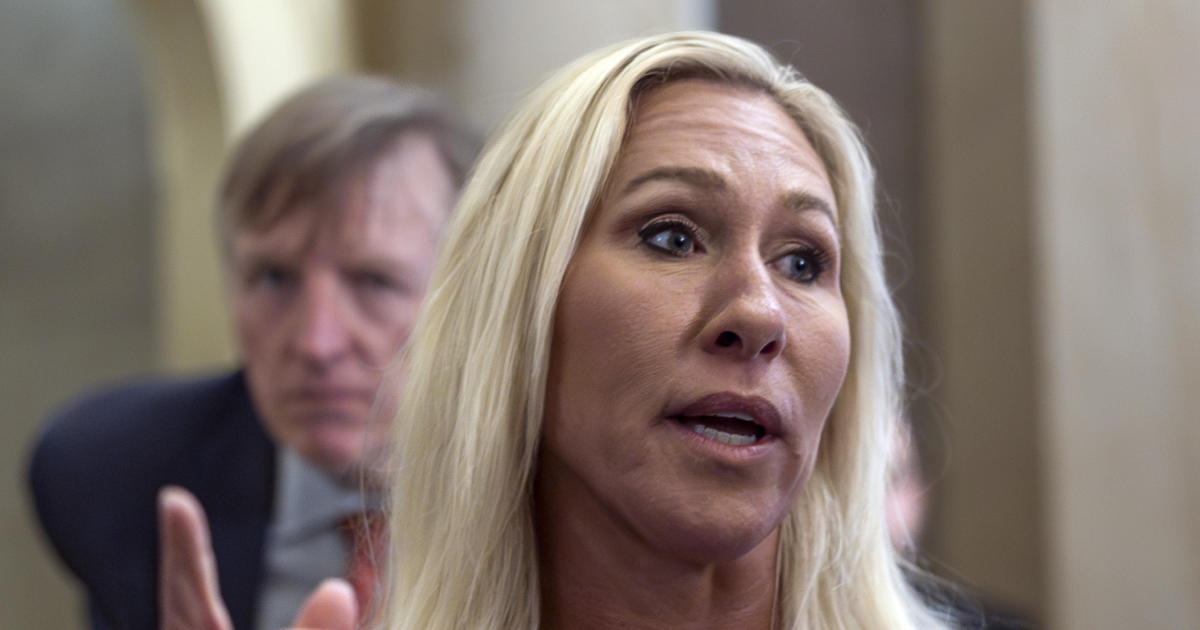Rep. Marjorie Taylor Greene proceeded with her threat to try to oust House Speaker Mike Johnson by calling for a vote on a motion to vacate the speaker from the House floor. Lawmakers quickly voted to table the motion, effectively killing it, in a stunning scene that marked a major reversal from a day earlier. The threat that had loomed over the speaker was put to rest as most House Republicans and Democrats joined together to table the motion, with only 11 House Republicans voting against it.
Despite initially appearing to retreat from her threat to trigger a vote to remove Johnson, Greene moved forward with her motion on Wednesday evening, setting up a snap vote that had to take place within two legislative days. House Majority Leader Steve Scalise motioned to table Greene’s effort, and the House voted 359 to 43 to do so. Greene expressed that she fully expected the vote count and decided to call the vote because her discussions with Johnson were not being resolved to her liking.
Minority Leader Hakeem Jeffries explained why Democrats were willing to save Johnson’s speakership, stating that when the mess starts to impact the ability to do the job on behalf of the American people, they must step in to prevent extremists from throwing Congress into chaos. Greene had been threatening Johnson’s speakership since March after he relied on Democrats to pass a spending bill. Despite facing pressure from her Republican colleagues to reverse course, Greene did not say if she planned to bring more motions to vacate.
Former President Donald Trump offered support for Johnson, stating that it was not the time for a motion to vacate. The threat to Johnson’s speakership came just months after former House Speaker Kevin McCarthy was ousted in a historic vote. McCarthy’s removal was prompted by similar frustrations from members of his conference, who opposed his move to work with Democratic lawmakers. Johnson defended himself as a lifelong conservative Republican and expressed hope that the end of personality politics and character assassination would mark a new beginning for the 118th Congress.
In his remarks to reporters after the vote, Johnson emphasized the need for a functioning Congress and called Greene’s attempt to oust him misguided. He expressed regret over the divisive nature of the situation and called for moving beyond it. The vote to table the motion effectively ended the threat to Johnson’s speakership, with most House Republicans and Democrats coming together to support him. The resolution of this conflict marked a reversal from the tension and uncertainty that had surrounded the speaker’s position in the days leading up to the vote.









